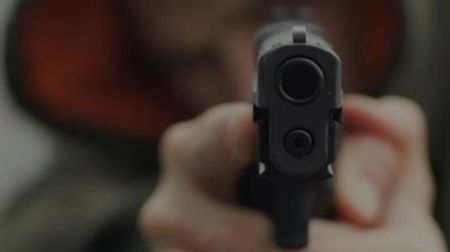Leaders of creative teams are finding ways to protect their employees' health during the omicron outbreak and general illness.
Valery Gergiev, the artistic director and director of the Mariinsky Theater, chooses to ignore positive PCR tests in musicians before important performances that offer a good fee.
Tsar Valery and infected serfs: revolt against Gergiev at the Mariinsky
In addition to Gergiev's actions, the director of the Russian Philharmonic Symphony Orchestra, Gayane Shiladzhyan, also demonstrated authoritarian behavior.
According to Gayane Azarikovna, the theater and music manager, having good health, vaccination, and a QR code is not sufficient for employment. She insists that employees also need to have a high level of antibodies. Regardless of the recommended period after the first vaccination, she demands urgent revaccination for musicians with antibody levels below 300BAU, following the WHO statements.
The persecution of musicians at the Russian Philharmonic is based on the results of the analyses conducted by the Helix laboratory service in December. Thirteen musicians with low antibody levels were blacklisted. Before undergoing early revaccination, they are required to present daily express test results, which they must pay for themselves, to enter the Moscow International House of Music (MMDM) building where the orchestra is located. A valid QR code is not considered sufficient for entry.
A memorandum from Shiladzhyan to the head of the security service of MMDM, which was leaked, caused public outrage.
A document from Shiladzhyan requests the temporary blocking of entry cards to the MMDM building for orchestra employees with low antibody levels, allowing entry only on the basis of negative daily express test results until revaccination against COVID is completed.
A copy of the memorandum from Gayane Shiladzhyan, the director of the Russian Philharmonic Orchestra, to A.V. Glazkov, the head of MIDM security service, was published by ClassicalMusicNews.ru.
No official orders regarding employee access to work based on antibody levels have been issued at any level in Russia. Additionally, vaccination, both primary and revaccination, is officially considered voluntary in the country. Disclosing information about antibody levels violates medical confidentiality, which is a concern for the management of the Helix company.
However, all these “little things” are of little interest to Ms. Shiladzhyan, as well as the fact that musicians who have been suspended from work need to feed their families. She is much more concerned about the “large sums of money” spent on renting halls and advertising concerts, as well as the risk of a refund of funds paid by the audience for tickets in case of cancellation of performances. In a correspondence with a ClassicalMusicNews.ru correspondent, the director of the Russian Philharmonic stated openly that “the orchestra cannot afford to cancel concerts due to illness of the artists.”
The statement is more than strange, especially considering that the Russian Philharmonic is not a private shop, but protected from all sides, especially during a pandemic, a state budgetary cultural institution subordinate to the Moscow Department of Culture. Or does Ms. Shiladzhyan, like Gergiev, have personal interests in “large sums of money” for rent and contracts for orchestra performances?




